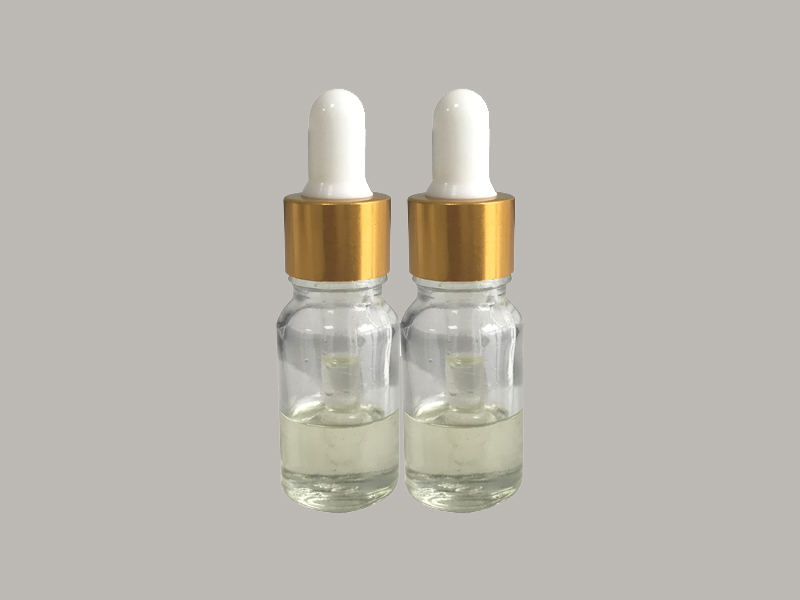Jojoba oil is derived from the seeds of the jojoba plant (Simmondsia chinensis), which is native to the southwestern United States and northern Mexico. Here’s a general overview of the process to obtain jojoba oil:
1.Harvesting: Jojoba seeds are harvested from mature jojoba plants. The seeds resemble small brown beans and are contained within the jojoba fruit.
2.Seed Extraction: Once harvested, the seeds are separated from the fruit.
3.Seed Cleaning: The seeds are cleaned to remove any dirt, debris, or remaining fruit residue.
Cold Pressing or Extraction: There are two common methods for extracting jojoba oil from the seeds: cold pressing and solvent extraction.
Cold Pressing: This method involves pressing the seeds at low temperatures to extract the oil without damaging its natural properties. The seeds are typically crushed or ground into a paste, and then pressed to release the oil. Cold-pressed jojoba oil retains more of its natural nutrients and is often preferred for its higher quality.
Solvent Extraction: In this method, solvents like hexane are used to extract the oil from the seeds. The solvent is later removed, leaving behind the jojoba oil. While solvent extraction is faster and more efficient, there may be concerns about residue from the solvent remaining in the final product.
4.Filtering and Refining: Regardless of the extraction method used, the crude jojoba oil undergoes filtration to remove any remaining impurities. It may also undergo further refining processes to improve its clarity and stability.
5.Packaging: Once refined, the jojoba oil is packaged into containers suitable for storage and distribution. It’s important to store jojoba oil in a cool, dark place away from direct sunlight to maintain its quality.

Jojoba oil is known for its unique chemical composition, which closely resembles the natural oils produced by human skin. It’s commonly used in skincare products, hair care products, and for various medicinal and cosmetic purposes due to its moisturizing and conditioning properties.
Properties and stability of Jojoba Oil
Jojoba oil, derived from the seeds of the jojoba plant (Simmondsia chinensis), is renowned for its versatile properties and stability. Here are some key aspects:
Composition: Jojoba oil is unique among plant oils because it closely resembles the natural sebum produced by human skin. It is composed mainly of esters of long-chain fatty acids and fatty alcohols, primarily eicosenoic acid and docosenoic acid. This composition makes it highly compatible with human skin, which contributes to its popularity in skincare products.
Moisturizing: Jojoba oil is an excellent moisturizer due to its similarity to human sebum. It forms a protective barrier on the skin, preventing moisture loss without clogging pores. This makes it suitable for all skin types, including sensitive and acne-prone skin.
Emollient: Jojoba oil softens and smoothens the skin, leaving it feeling supple and hydrated. It is often used in cosmetics and skincare products such as lotions, creams, and lip balms for its emollient properties.
Antioxidant: Jojoba oil contains tocopherols (vitamin E) which have antioxidant properties. These antioxidants help protect the skin from damage caused by free radicals, thereby reducing the signs of aging and promoting overall skin health.
Stability: Jojoba oil is highly stable compared to other plant oils. It has a long shelf life and is resistant to oxidation, rancidity, and degradation caused by heat and light exposure. This stability makes it a popular ingredient in cosmetics, skincare products, and hair care products.

Non-comedogenic: Jojoba oil has a low comedogenic rating, meaning it is unlikely to clog pores or cause acne breakouts. This makes it suitable for use on the face and body, even for individuals with oily or acne-prone skin.
Versatility: Jojoba oil has various applications beyond skincare. It is used in hair care products to condition and moisturize the hair and scalp. It is also utilized in massage oils, lip balms, cuticle oils, and as a carrier oil for essential oils.
Overall, jojoba oil is prized for its nourishing, moisturizing, and protective properties, as well as its stability and compatibility with the skin.
